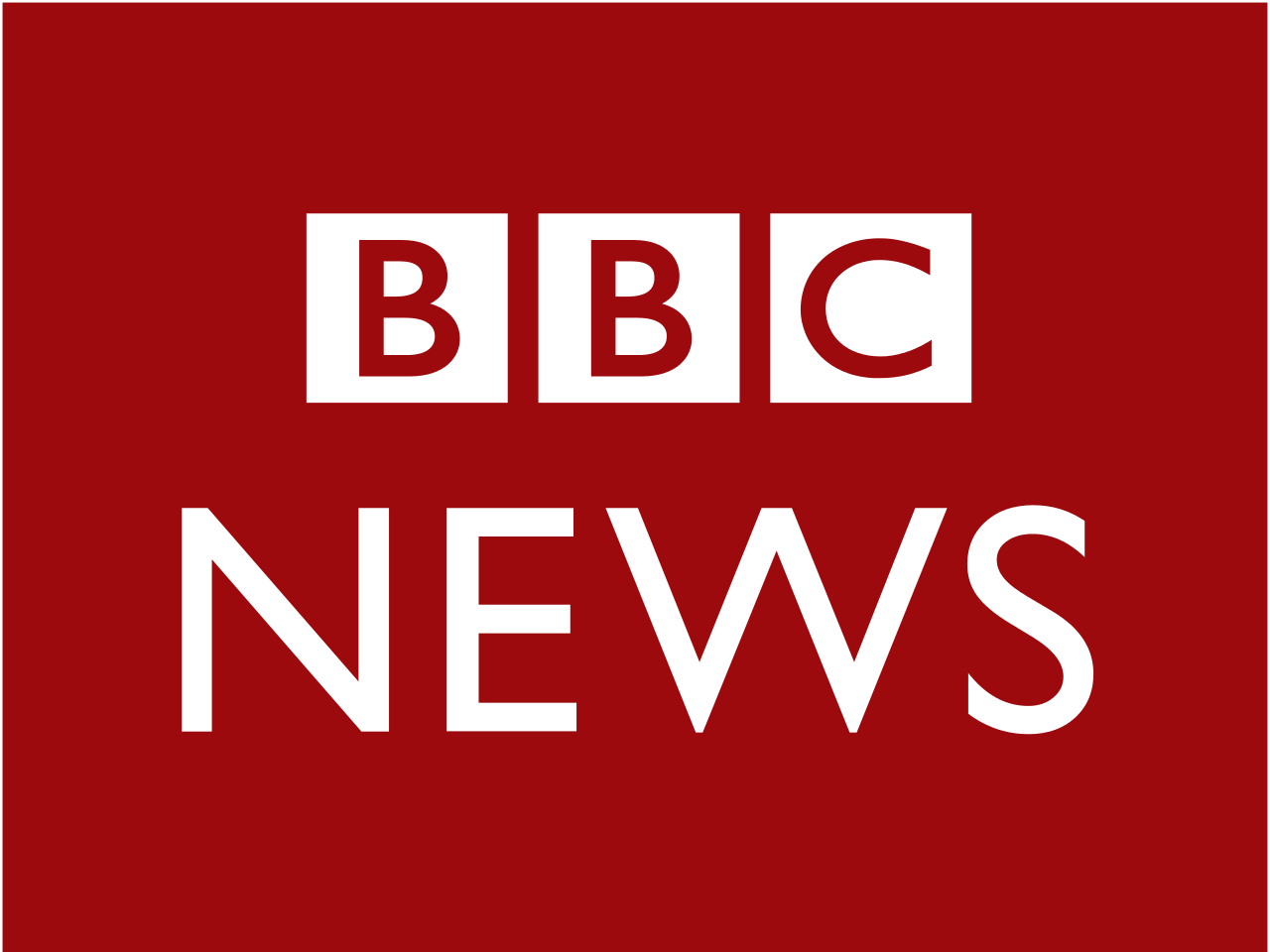BBC: Joining me now is Tom Burke, who is Chairman of the Environmental Think Tank E3G and former government advisor on climate change. Thanks very much for coming in, Tom. We have heard about some of the issues that are really now down to the wire, and they will need to sort out overnight, how optimistic do you think we can be?
Tom Burke: I think that we can be fairly optimistic. I think the French have done a really good job of setting this up in a way in which there is now lot of pressure. The people who really matter now, aren’t in Paris, they are the leaders in the Capitals there are phone calls going back to try to find that last bit of manoeuvre room that will allow us to get to the finish. That why I think there is a mood of optimism even though you’ve still got one or two points that really need to be ironed out.
BBC: Take us if you can, an obviously it requires some imagination of your part, into those phone calls, who are going to be the key players? And what are they going to need to hear in order for them to sign on the dotted line?
Tom Burke: Probably the most important calls will be between Obama and President Xi. I think there will also be some fairly important calls between Merkel and Modi. It’s now really down to what the big players are doing, Europe, China, India, and the United States, and it’s getting them to line up. So it will be about the exact language. Are you talking about people having to review every five years? Or having an option to review every five years? It will be down to that kind of subtlety of language, because what matters is how all of this gets interpreted as everyone goes back to their countries.
BBC: Is there though, within that framework, a danger that things become fudged? That we look like something that looks like a great deal, but then people sort of wheedle out of it, or do it on their own terms a bit too much?
Tom Burke: I think that what really matters now is that it’s not any longer about what the text says. What really matters is the overall political thrust. Because what we are really seeing coming out of Paris is a clear sense that the world is now going to tackle climate change, and go further and faster than it has done in the past. That means that investors are going to start shifting their investments from high-carbon into low-carbon, and it’s all those conversations everywhere else in the world that really matter. And they will all be contested spaces, they won’t be simple yes or no decisions. But there will be a review mechanism in there and again the exact wording of that review mechanism matters, because it’s pretty important that countries believe that other countries are doing what they say. Every country, and this is really exceptional, every single country, developed and developing, has now taken on emissions targets, ones that they have developed themselves. Now are they going to do what they say they are going to do? Is there a mechanism that you can verify?
BBC: Let’s just deal with a couple of the points where there’s still some digging down to be done. This issue of who is going to help support poorer countries with the impact of global warming, that’s still a bit sticky.
Tom Burke: I agree with you, and that’s one of the ones you’ve expected to go down to the wire at the end of the day. I think it is now reasonably clear that the hundred billion a year promised in Copenhagen is going to be delivered, but the real question is how much is going to come after 2020? Especially when the issue of ‘how are you going to pay for the damage that’s done’ gets taken forward.
BBC: And just a final thought Tom, what has made the difference? You referenced Copenhagen there, and people thinking back will remember how painful that was, when we thought there was going to be something magnificent, and then suddenly it all fell apart, the leaders didn’t even need to turn up. What has made the difference this time to create, what you are saying, is a very positive atmosphere.
Tom Burke: I think the real difference is that the political risk of not acting has gone up a lot, and the political cost of doing things has gone down a lot, as renewables have got cheaper and cheaper and cheaper. So it’s easier for governments to make the commitments that are necessary to drive us forward. I think that what really matters now, is that it’s not any longer about what the text says. What really matters is the overall political thrust. Because what we are really seeing coming out of Paris is a clear sense that the world is now going to tackle climate change, and go further and faster than it has done in the past. That means that investors are going to start shifting their investments from high-carbon into low-carbon, and it’s all those conversations everywhere else in the world that really matter.

